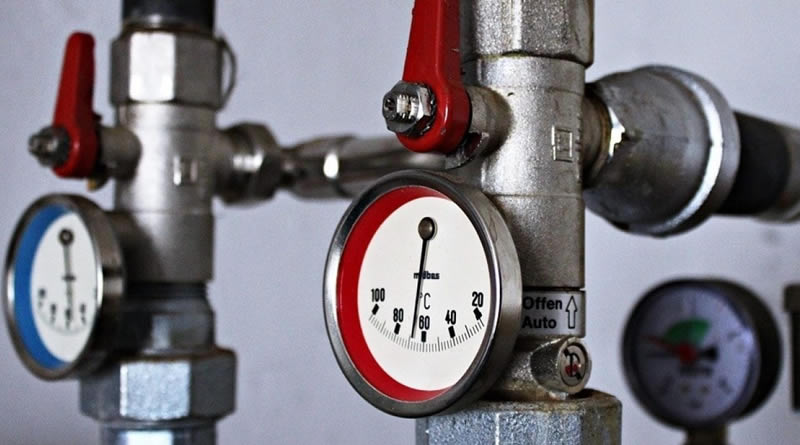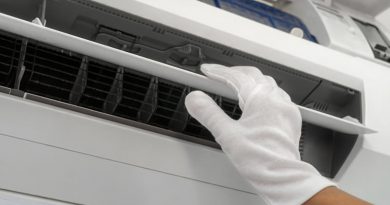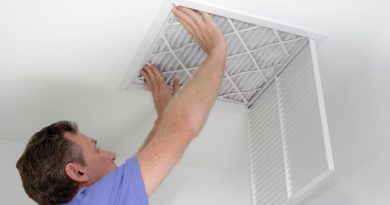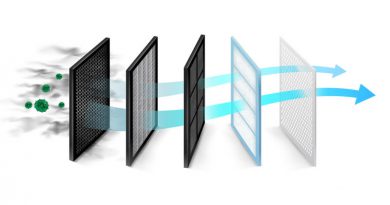Common Problems with Heating and Cooling Systems and Their Solutions
Heating and cooling systems play a vital role in maintaining a comfortable indoor environment throughout the year. However, like any mechanical system, they can encounter various issues that may affect their performance. In this article, we will explore some of the common problems that homeowners face with their heating and cooling systems and provide practical solutions to resolve them.
One of the frequent problems experienced with heating and cooling systems is inadequate airflow. Insufficient airflow can result from clogged air filters, blocked vents, or malfunctioning fan motors. When airflow is restricted, the system’s efficiency decreases, and you may notice reduced cooling or heating capacity. To address this issue, regularly clean or replace the air filters as recommended by the manufacturer. Additionally, ensure that vents and registers are not blocked by furniture or other obstructions. If the problem persists, it is advisable to contact a professional HVAC technician to inspect and repair the fan motor or diagnose any underlying issues.
Another common issue is uneven cooling or heating in different areas of the home. Temperature variations may occur due to ductwork leaks, improper insulation, or malfunctioning thermostats. To resolve this problem, start by checking for any visible leaks in the ductwork and sealing them using appropriate methods. Additionally, ensure that your home’s insulation is adequate, as insufficient insulation can lead to heat loss or gain. If the temperature inconsistencies persist, consider having a qualified technician inspect and recalibrate your thermostats or identify any other potential causes.
Refrigerant leaks are another prevalent problem in cooling systems. Refrigerant is responsible for absorbing heat from the indoor air, and a leak can lead to reduced cooling capacity and increased energy consumption. If you suspect a refrigerant leak, it is crucial to contact a licensed HVAC professional immediately. They have the expertise and equipment to locate the leak, repair it, and recharge the system with the appropriate amount of refrigerant.
Malfunctioning or faulty thermostats can also cause issues with heating and cooling systems. Inaccurate temperature readings or failure to respond to temperature adjustments are common signs of a malfunctioning thermostat. In such cases, it is recommended to replace the thermostat with a new, programmable model that offers precise temperature control and energy-saving features. However, if you are unsure about thermostat installation or troubleshooting, it is best to seek professional assistance to ensure proper functionality.
Noisy operation is another problem that homeowners often encounter. Unusual sounds such as rattling, banging, or squealing can indicate loose or worn-out components, debris accumulation, or other mechanical issues. Regular maintenance, including cleaning and lubricating moving parts, can help prevent some of these noises. However, if the problem persists, it is advisable to have a professional technician inspect and address the specific cause of the noise.
In conclusion, heating and cooling systems can experience various common problems that can affect their performance and efficiency. By understanding these issues and implementing the recommended solutions, homeowners can ensure the optimal operation of their systems. However, it is essential to note that HVAC systems are complex, and some problems may require professional assistance for proper diagnosis and repair. Regular maintenance, timely repairs, and professional inspections are key to maintaining the longevity and functionality of your heating and cooling systems.
We hope you found this article informative and helpful. Stay tuned for more insightful content on maintaining and improving your home’s heating and cooling systems.




